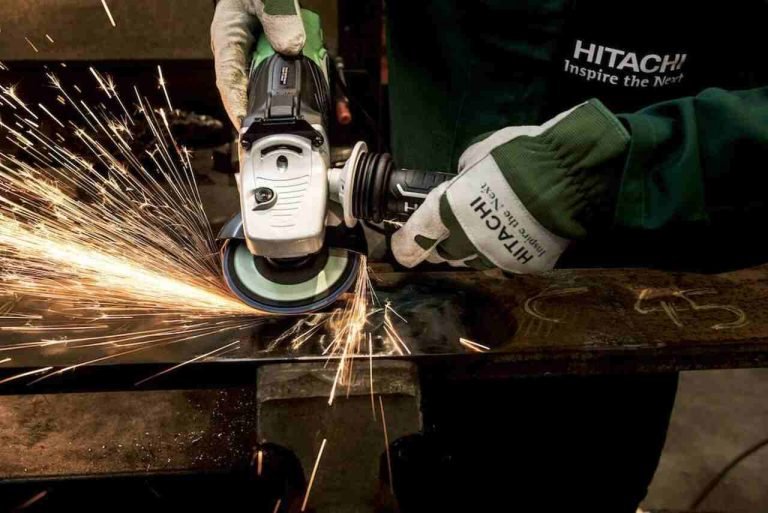This concise guide will provide you with the key steps and requirements to become a certified heating, ventilation, and air conditioning (HVAC) technician in Virginia. HVAC systems are vital for indoor comfort
The journey to becoming an HVAC technician certified in Virginia involves much learning, hands-on experience, gaining practical skills, and satisfaction from mastering a valuable trade where professionals are needed.
With the requirement for qualified HVAC workers continually growing, the chance to construct a rewarding career in this area has never been more within reach. Whether just embarking or aiming to enhance your abilities, taking the proper initial steps to prepare yourself is essential for achieving your aims. AtHomePrep gives entry to comprehensive materials customized to assist succeeding on the Virginia HVAC certification assessments.
Understanding the Certification Requirements
Certification serves as a benchmark of competence and knowledge in the HVAC industry. In Virginia, technicians must pass specific exams that assess their understanding of HVAC systems, safety protocols, and the Virginia Uniform Statewide Building Code. These certifications are not just formalities but essential tools that ensure technicians can provide safe, efficient, and reliable service.
The Virginia Department of Professional and Occupational Regulation provides guidelines for individuals hoping to become HVAC technicians. The route involves achieving a balance of academic learning and practical training. Initially, candidates must assist a licensed expert to gain hands-on knowledge in the work environment.
Later, passing the journeyman assessment validates their intermediate skill level. Ultimately, passing the master’s exam signifies true expertise. Each stage is intentionally structured to progressively reinforce understanding from the prior level, making certain technicians are well-equipped to handle the realities of the job. While the path may be step-by-step, the goal of sufficient preparation is constantly kept in mind.
Preparing for Success
The preparation phase is critical in your quest to become a certified HVAC technician. This crucial stage establishes the foundation for future accomplishments. Conventional study tactics, like taking classes face-to-face or reading printed materials, provide important knowledge. However, in today’s technology-driven world, digital resources have developed into an irreplaceable instrument for aspiring technicians.
Online courses deliver flexibility and ease, permitting you to learn at your speed whenever works best for your calendar. While traditional methods carry value, web-based options grant scheduling independence and self-paced studying, both of which can help optimize the preparation period. Clarifying fundamental concepts through varied study approaches sets the stage for attaining certification.
Selecting the ideal preparation program is extremely important. The top courses are those that not solely cover all required subject material but, in addition, offer practice exams, real-world case studies, and assistance from experts with experience. This complete strategy guarantees that you’re not merely memorizing details but really comprehending the principles and how to utilize them in sensible circumstances.
For example, practice exams allow students to evaluate their understanding in a low-pressure environment before exam day. In addition, discussing real work examples with instructors provides deeper insight into appropriately applying course concepts. Overall, a balanced approach including review, practice, and feedback offers clarification on both content knowledge and practical usage, better preparing students for success.
The Role of Experience
While studying is crucial, nothing replaces hands-on experience. By collaborating with seasoned technicians, you can put what you’ve learned in school to use in authentic situations, collect essential understandings, and discover the intricacies of the occupation that lectures cannot demonstrate. This experience is not just obligatory for qualification but also a foundation of your career progress. Working closely with experts exposes you to challenges and solutions beyond textbooks.
You see how to troubleshoot unexpected issues, communicate clearly with clients, and finish tasks efficiently. While formal education provides a baseline, immersing yourself in practical tasks is how you transform book smarts into practical skills.
Apprenticeships and entry-level jobs give you superb chances to cultivate your abilities, understanding, and assurance. These functions offer a stage to ask inquiries, make slip-ups, learn from them, and step by step take on more duty. By the season you’re prepared to sit for your accreditation tests, you’ll have a strong establishment of both hypothetical information and useful experience.
These sorts of open doors permit you to gradually become familiar with a vocation under the direction of prepared professionals. They furnish you with a chances to investigate your interests and abilities firsthand while yet being upheld. Numerous apprentices and beginners find this manner of training extremely advantageous for developing their aptitudes before striking out independently.
Conclusion
The path to becoming a certified HVAC technician in Virginia involves continuous development, education, and hands-on experience. While it takes dedication to attain certification, the career rewards technicians with much more than just a paycheck. HVAC work provides a lifelong career opportunity to continuously sharpen skills, specialize in certain areas, or even move into management one day. Perhaps most fulfilling is knowing your efforts directly improve people’s comfort and well-being by keeping their homes cool in summer and warm in winter.
Whether performing routine maintenance or complex installations, HVAC technicians can feel proud their work positively impacts lives every day.
While certification confirms your abilities and expertise, validating the skills you’ve attained in your area, it also represents merely one milestone along the continual journey of learning and enhancing one’s talents. Certification unlocks prospective prospects and marks you as a proficient professional, yet it does not denote the culmination of your evolution.

